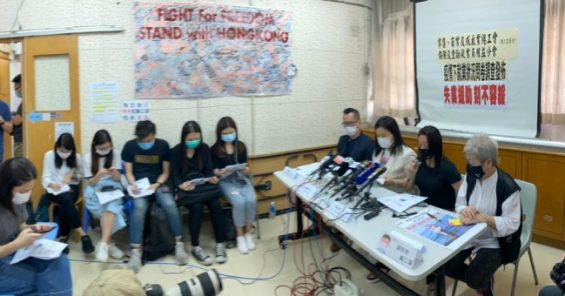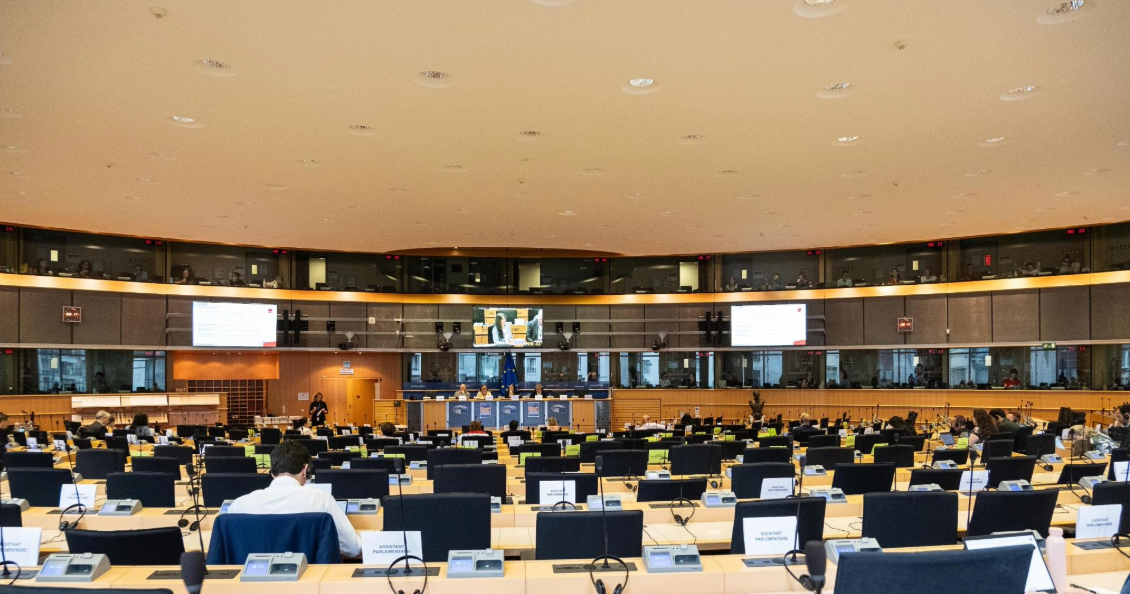The Retail, Commerce and Clothing Industries General Union’s (RCCIGU) press conference on 19 April highlighted Hong Kong government’s pandemic package as lacking and does not address workers needs directly.
At the press conference, the RCCIGU released its survey findings, “Employment Status in the Coronavirus Pandemic”. The survey revealed that 72.9% of the respondents were affected by the coronavirus pandemic, 42.3% of the employees’ wages were deducted and 25.6% of the workers were forced to take unpaid leave. Overall, 60% of the respondents indicated that their incomes were reduced or even got no income and 19% said they were in “very serious” financial difficulties.
The Hong Kong SAR government had spent HK$137.5 billion public funds to implement the “Anti-pandemic Fund 2.0”, of which HK$81 billion were used to promote the “Employment Protection Plan” to subsidize employers in the payment for wages.
Cheung Lai Ha, General Secretary of the RCCIGU, pointed out that the government’s “Anti-pandemic Fund” have loopholes which only benefits the companies and not directly to the workers. Many industries hire workers over 65 years of age who failed to benefit from the wage subsidies. Over 1 million part-time retail workers or promoters are also not protected under the scheme.
Choi Ying Ho, President of the Insurance and Financial Practitioners’ Solidarity Sector, a branch of RCCIGU, revealed that insurance practitioners were severely affected. Many are effectively considered self-employed and do not receive the HK$9,000 subsidy per employee. The mainland China insurance contracts accounted for two-thirds of the total practitioners’ income, however pandemic measures such as border closure, quarantine of travellers and prohibition of gatherings saw their business dropped by more than 50%.
The Vice President of the Insurance Branch, Garfield Cheng, explained that many insurance practitioners are also tied to “Devil Contracts” of the insurance companies. Such contracts are unfair contracts which obligates a practitioner to meet the company’s business targets, failing which the practitioner will be laid off and have to pay back past compensation (salaries and commissions).
The RCCIGU demanded that:
- The Government must set up “Unemployment Allowance” for workers
- Advance the “Anti-pandemic Fund 2.0” to start no later than April
- Strictly control companies to regulate the number of staff put on salary reduction and unpaid leave
- Strengthen the monitoring of employer’s payroll mechanism
- Protection for persons not included in the safety net
- Severely punish illegal employers
To see a short video of press conference protest, click here.


